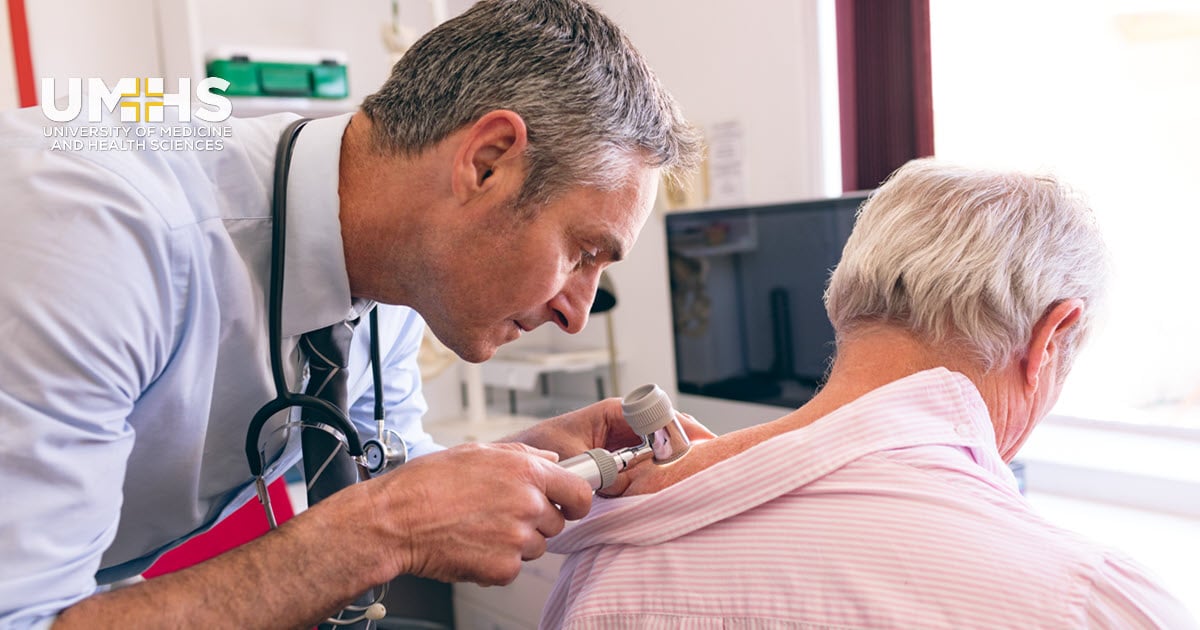Experience the benefits of a chemical peel at a professional clinic.
Browsing Skin Cancer Therapy: The Crucial Role of Mohs in Modern Dermatology Practices
Skin cancer cells, an overwhelming medical diagnosis, often leaves patients grappling with various therapy choices. As we check out the details of this procedure, one will value its critical duty in skin cancer treatment.
Understanding Skin Cancer: Types and Risks
There are three primary kinds of skin cancer cells: Basal cell carcinoma, Squamous cell cancer, and Melanoma. It accounts for only about 1% of skin cancer cells cases yet triggers the large bulk of skin cancer cells deaths. Danger factors include fair skin, background of sunburn, excessive sun direct exposure, living at high elevations or shut to the equator, having many moles, a family history of skin cancer cells, and compromised immune system.
What Is Mohs Surgery and How It's Reinventing Skin Cancer Cells Therapy
Despite the countless therapies presently available for skin cancer cells, Mohs surgical treatment stands out as a groundbreaking and extremely effective service. Called after Frederic E. Mohs, the medical professional that developed the procedure, Mohs surgery is an exact surgical strategy utilized to deal with skin cancer. This level of precision, integrated with the capacity to save as much healthy tissue as feasible, is reinventing skin cancer treatment.
The Advantages of Mohs Surgery Over Standard Skin Cancer Therapies
Building on the ingenious nature of Mohs surgery, it's essential to consider its various benefits over typical skin cancer therapies. Unlike typical treatments, Mohs uses a higher treatment rate, often reaching 99% for first-time treatments and 94% for persistent cancers cells. In addition, it lessens damage to healthy skin, leading their website to less scarring and improved cosmetic results.
The Treatment of Mohs Surgical Treatment: What to Expect During the Refine

Potential Adverse Effects and Post-Operative Care of Mohs Surgical Treatment
Undergoing Mohs surgical procedure, like any type of various other surgery, entails possible side results that patients should be conscious of. Typical side effects include pain, bruising, and swelling at the surgery site. These are usually short-lived and workable with over-the-counter pain medication and ice packs. In rare situations, individuals may experience infection, blood loss, or a sensitive reaction to the regional anesthetic. Post-operative treatment is critical to healing index and lessening side impacts. This usually entails maintaining the injury tidy and completely dry, taking recommended drugs, and avoiding strenuous tasks. Patients must additionally attend all follow-up appointments for wound care and monitoring. Sometimes, extra therapies may be required to ensure complete elimination of the cancerous cells. Complying with these post-operative care standards can substantially improve healing and end results.
Verdict
